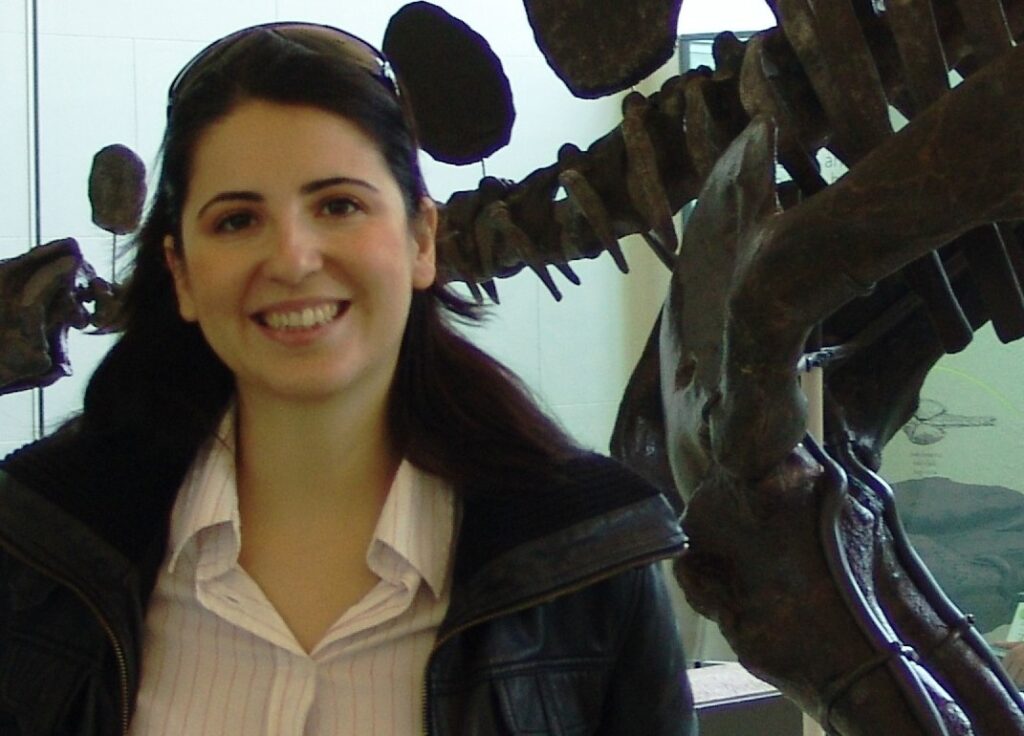Present-day Greeks are genetically similar to 2,000 BCE Aegeans from Northern Greece, an anthropological DNA research project published in the scientific journal, Cell, has found.
The research was led by Dr. Christina Papageorgopoulou of the Department of History and Ethnology of the Democritus University of Thrace and Dr. Anna-Sappho Malaspina of the Department of Computational Biology of the University of Lausanne, Switzerland.
The study involved the sequencing of entire genomes from four Early Bronze Age skeletons and two Middle Bronze Age skeletons found around Greece.
At first, researchers were able to discover that Early Bronze Age populations were quite genetically homogenous.

However, by the Middle Bronze Age, which began around 4,000 years ago, migration from the East caused DNA to differ significantly in comparison to Early Bronze Age Greeks.
The study found that Greeks of the Aegean from the Middle Bronze Age shared around half of their DNA with people from the Ponto-Caspian Steppe. This is an area which forms part of modern-day Bulgaria, Romania, Ukraine, Moldova, and Kazakhstan.
These findings show that “today’s Greeks – who also carry Stepperelated ancestry – share 90% of their ancestry with their Middle Bronze Age counterparts, suggesting continuity between the two time periods.”
They also support other theories surrounding waves of migration from the East and the impact they had on Greek society.
Source: Keep Talking Greek.

